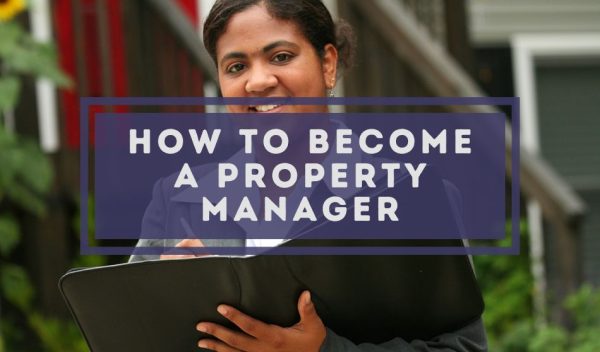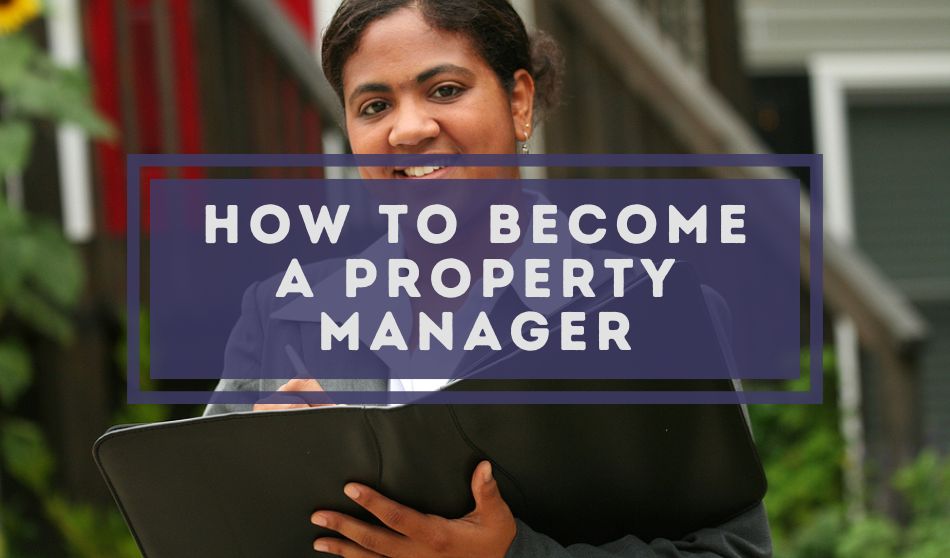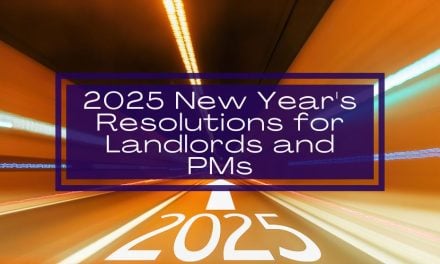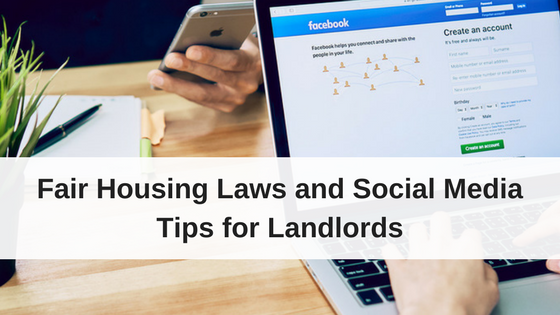
Real estate offers both rewards and challenges, especially in property management. Effective residential property managers combine education, experience, and deep industry knowledge. A background in real estate is helpful and may be required depending on your state. Successful property managers need a thorough understanding of the real estate market, tenant satisfaction, and a broad range of skillsets.
Real estate can be a rewarding and challenging career choice, and becoming a property manager is no exception. Residential property managers develop a blend of education, experience, and a keen understanding of real estate dynamics and the journey begins with truly understanding the responsibilities involved.
Starting with a background in real estate, business administration, or a related field can be beneficial and some companies will combine services for this reason. For example, a real estate broker or agent may also serve as a property manager or have one on their team. Becoming a property manager requires a general understanding of the real estate industry as a whole as well as locally, and this knowledge is vital when making decisions regarding residential properties, understanding how to ensure tenant satisfaction, and maintaining property value.
Understanding the Role of a Property Manager:
Self-managing a rental property requires big commitment, knowledge, and communication skills, many property owners don’t have the bandwidth or the skillset to tackle all of the various situations that property management entails. That is where a savvy and experienced industry expert comes in. Property owners are free from the burdens of navigating complex rental laws, the need to understand the ins and outs of tenant management and get to rest assured that their property’s daily operations are being overseen by an experienced management team.
A property manager must be prepared to:
- Ensure the rental unit is prepped for tenancy
- Market the rental unit
- Oversee tenant leads, applicants, and tenant screening
- Navigate leasing, inspections, and security deposits in accordance with landlord-tenant laws
- Handle maintenance requests, recommend repairs to owners, and vet respective vendors
- Communicate with tenants
- Communicate with property owners
- Handle monthly rent payments
- Supervise move-out procedures
- Provide vital information for owners to report income and taxes
- Understand market rent and recommend rental rates
- Enforce lease terms and handle evictions when necessary
- Handle owner and tenant funds according to basic principles of trust accounting and local and state landlord-tenant laws
- Grow the business by acquiring new owners
Learn more: What Does a Property Manager Do?
How to Become a Property Manager in Your State:
Each state has its own laws and respective requirements on how to become a property manager. As such, it is imperative that an individual seeking to become a property manager check with their state real estate commission to verify requirements.
The licensing requirements to practice property management are state-dependent and vary based on state laws as well as the oversight of other licensed individuals within the company. In many states, property managers need to have a real estate broker license or be working on a management team run by a licensed real estate broker. A few states require a specific property management license, while some simply require a general real estate salesperson license.
Learn more: Types of Property Management Licenses
Getting a Broker’s License:
In most states, a person or company that offers the lease or rental of real estate, offers real estate, or who lists, offers, attempts, or agrees to list real estate must have a real estate broker’s license. Since the components of property management are considered real estate activity according to the state’s licensing laws, most states require a broker’s license.
Becoming a broker requires:
- Age and Education Requirements: In most states, licensed real estate brokers must at least 18. In some areas, those applying for a broker’s license must be 21 and older. Most states require that applicants have a high school diploma or equivalent. Classroom hours of approved broker instruction are also required in most states, the hour requirements can range from 10-100 hours, depending on the state.
- Evidence of Trustworthiness: A background check is often required; a broker’s license will not be granted to anyone whose character is deemed untrustworthy and under indictment for forgery, theft, extortion, conspiracy to defraud, or any other felony.
- Industry Experience: In order to receive a real estate broker’s license, an applicant must demonstrate experience in the industry, usually as a licensed salesperson, with real estate being the principal occupation, and have been actively practicing real estate in the time period preceding application. This is often a 2-3 year experience requirement.
- Exceptions and Additional Requirements: Those seeking a broker license may be subject to additional safety screening requirements and may be required to provide proof of state residency or US citizenship. Each state may have specific exceptions, such as a license not being required for an on-site property manager or may allow admin tasks, accounting, or maintenance for a property to be completed by an unlicensed individual, only requiring that individuals that are directly involved in leasing activities acquire a specific license.
Getting a Property Management License:
A real estate broker’s license is most commonly required to become a property manager, but a few states require a property management license in order to become a property manager. (Some states allow those seeking to manage properties to have either a real estate broker’s license or a property management license.)
Similar to the requirements of a broker, this involves pre-licensing instruction or coursework, and proof of trustworthiness and can require passing a property management exam. Many states will also require continuing education to keep the license active.
How to Start and Grow Your Property Management Bussiness:
While becoming a property manager and after obtaining your licensing, it can make sense to gain experience with a property management team as you learn the ins-and-outs of the industry. If you are a broker seeking to add property management to your portfolio, or you are a property manager seeking to start your own property management business, there are important tips and considerations to take into account.
Learn more: Should I add Property Management to my Real Estate Business?
Learn more: How to Start a Property Management Company
Do landlords need a property management license?
In most states, a license is required to manage rental properties for other individuals or entities. Self-managing landlords are not usually subject to these same requirements and do not need to go through the same process or education that a manager in charge of other owners real estate is required to. However, all landlords and property managers are required to follow local, state, and federal laws regarding housing regulations, ADA requirements, federal fair housing requirements, and landlord-tenant laws.
A thorough understanding of property management and state and federal regulations is key for any successful individual in the rental industry. Landlords may not be subject to the same education requirements or ongoing learning requirements that a property manager or broker is required to complete, but they are subject to the same laws as housing providers. Since ignorance of the law is not an acceptable excuse for unintentional violations, it is imperative that landlords stay abreast of any upcoming rental legislation or seek a property manager to manage the rental property.
Learn More: Top Tips For Getting Started As A New Landlord Or Investor






